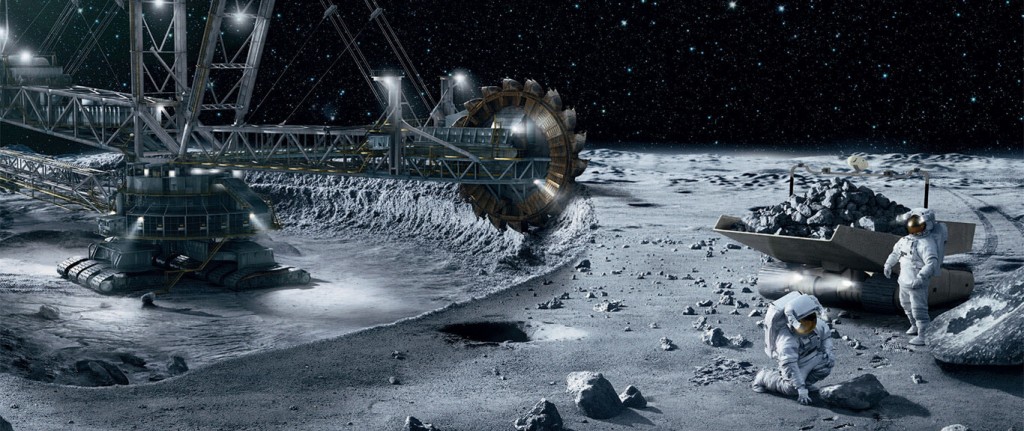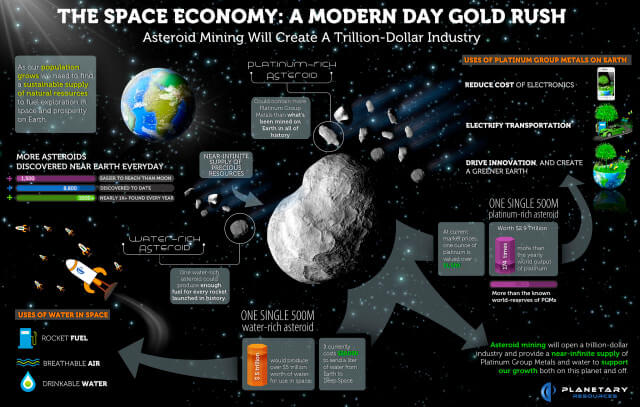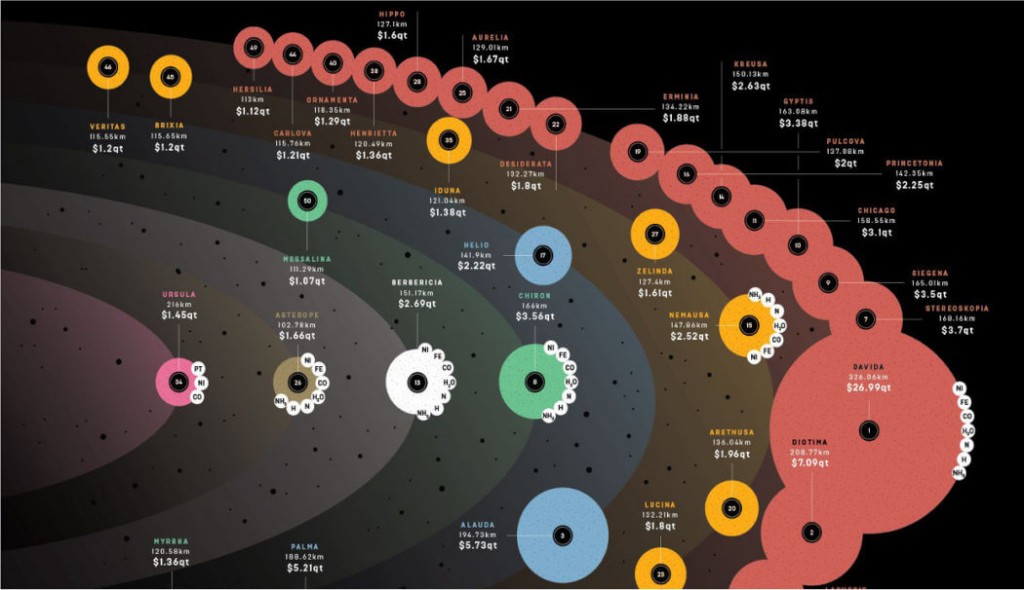Existing Treaties and Laws
It sounds like science fiction, but did you know there’s an Outer Space Treaty of 1967 (OST)? The rights to freely and unilaterally access, explore, and use outer space, including the Moon and other celestial bodies, is set forth in the OST. Most experts agree that the OST prohibits nations from exercising territorial sovereignty over celestial bodies but seems to allow mining. Currently, there is no international space law or treaty that explicitly prohibits the commercial use and extraction of space resources.
In fact, over the course of the six Apollo missions to the moon between 1969 and 1972, NASA brought 842 pounds of rocks back from the moon, and they’re designated as property of the U.S.
In November 2015, President Obama signed the Commercial Space Launch Competitiveness Act. This law is also known as the Spurring Private Aerospace Competitiveness and Entrepreneurship (SPACE) Act of 2015 and the Space Resource Exploration and Utilization Act of 2015.
The SPACE Act’s Title IV reads, in part:
“A United States citizen engaged in commercial recovery of an asteroid resource or a space resource under this chapter shall be entitled to any asteroid resource or space resource obtained, including to possess, own, transport, use, and sell the asteroid resource or space resource obtained in accordance with applicable law, including the international obligations of the United States.”
Under the Act, U.S. citizens including commercial entities are now entitled the explicit right to own resources extracted from space, including asteroids. But the right does not extend to biological life, so anything that is alive may not be exploited commercially.
The U.S. also declared it does not assert sovereignty, exclusive rights, or ownership of any celestial body. Much like fishing laws, U.S. citizens have the right to retain material extracted from asteroids and celestial bodies but not the right to own or keep the entire asteroid or celestial body.
The only other country that has signed a similar asteroid mining law is Luxembourg.
How much is Asteroid Mining Worth?
There’s actually a public database of over 600,000 identified asteroids that also ranks the potential value of the most profitable asteroids. According to the Asterank database, the most valuable asteroids have a mining value of over $100 trillion! In fact there are 711 known asteroids with a value exceeding $100 trillion!
But these are generally not cost effective to mine, due to distance. Still, the three most cost effective asteroids have a value ranging from $83 billion to $4.7 billion. The Ryugu asteroid, listed as the most cost effective asteroid to mine with a potential value of over $80 billion, is composed of nickel, iron, cobalt, water, nitrogen, hydrogen, and ammonia.
You might assume the most valuable commodity on asteroids are precious metals like the kind used in high-tech electronics, but in the future it could be ice! In space, water would be incredibly difficult, if not impossible to come by. Ice could be melted into both water and oxygen – another scarce resource in space and on other planets.
According to Peter Marquez, the former director of space policy for President Obama and current vice president of Planetary Resources, “One near-earth asteroid has enough water on it to have fueled all 135 space shuttle missions.”
Is Any Company Ready to Actually Mine Asteroids Yet?
Nope! The costs of an asteroid-mining venture have been estimated to be around US$100 billion. It costs about $10,000 per pound just to break free of Earth’s gravity.
So far, the only completed missions by the United States and Japan have gone to asteroids and returned limited samples. Even deep-sea oil drilling seems cheap in comparison. There are only a handful of companies in the world that are working on asteroid mining. Planetary Resources and Deep Space Industries are already planning space missions to extract resources from asteroids by the mid 2020s.
While there is a rudimentary legal foundation for space mining, there is not yet any agency or process in the U.S. to issue licenses for space mining.
Are you excited about the future of space? What type of regulations should surround asteroid mining?













https://www.youtube.com/watch?v=KzAxF6CmorA
It’s interesting that ice could eventually become one of the most valuable resources in space. It’s also interesting that Obama signed into law this space act. Does the United States have other laws regarding space? Also, have other countries recently signed anything like this into law?